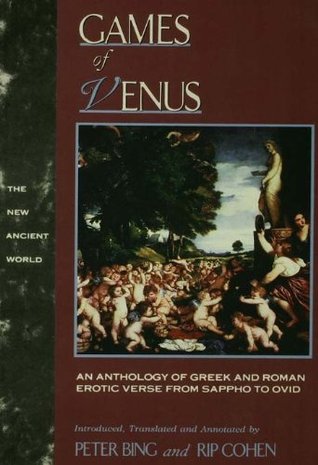These, then, are not names that merely suggest permissive “Greek” sexuality; nor do they refer to “foreigners” and thus to socially acceptable sex objects (that, we recall, was the Archaic and Classical Greek attitude towards foreign women, e.g. Anacreon's “Thracian filly” or his “girl with the flashy slippers,” who comes “from Lesbos,” see above). On the contrary, these names must be taken in a positive sense, as a poet's “graceful compliment.”31
Welcome back. Just a moment while we sign you in to your Goodreads account.


